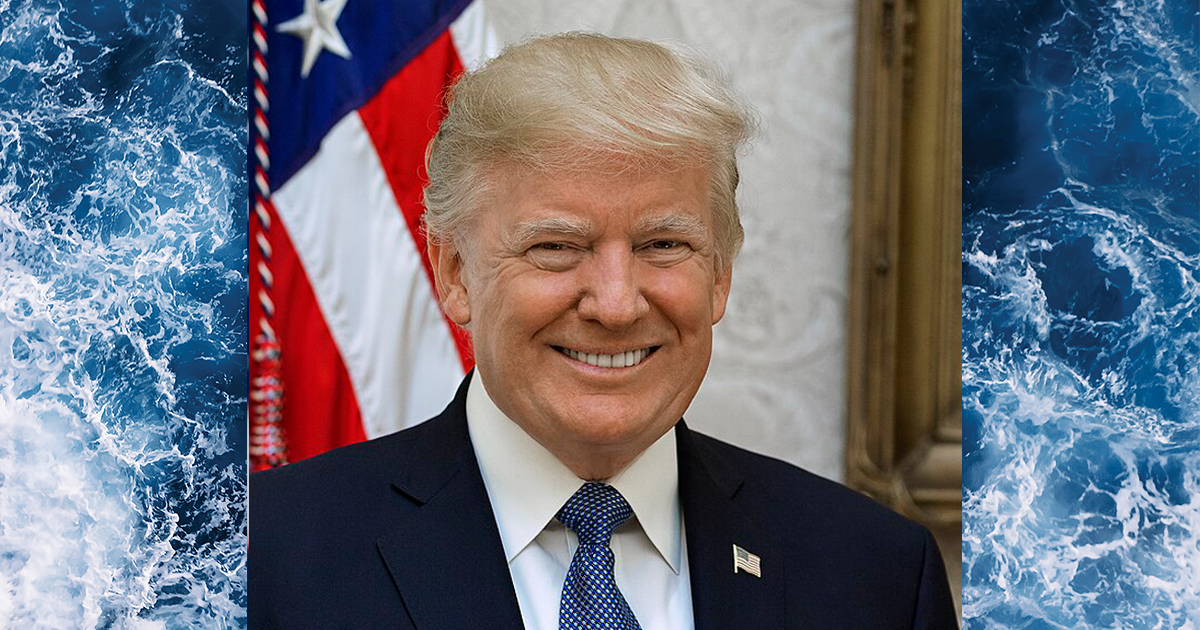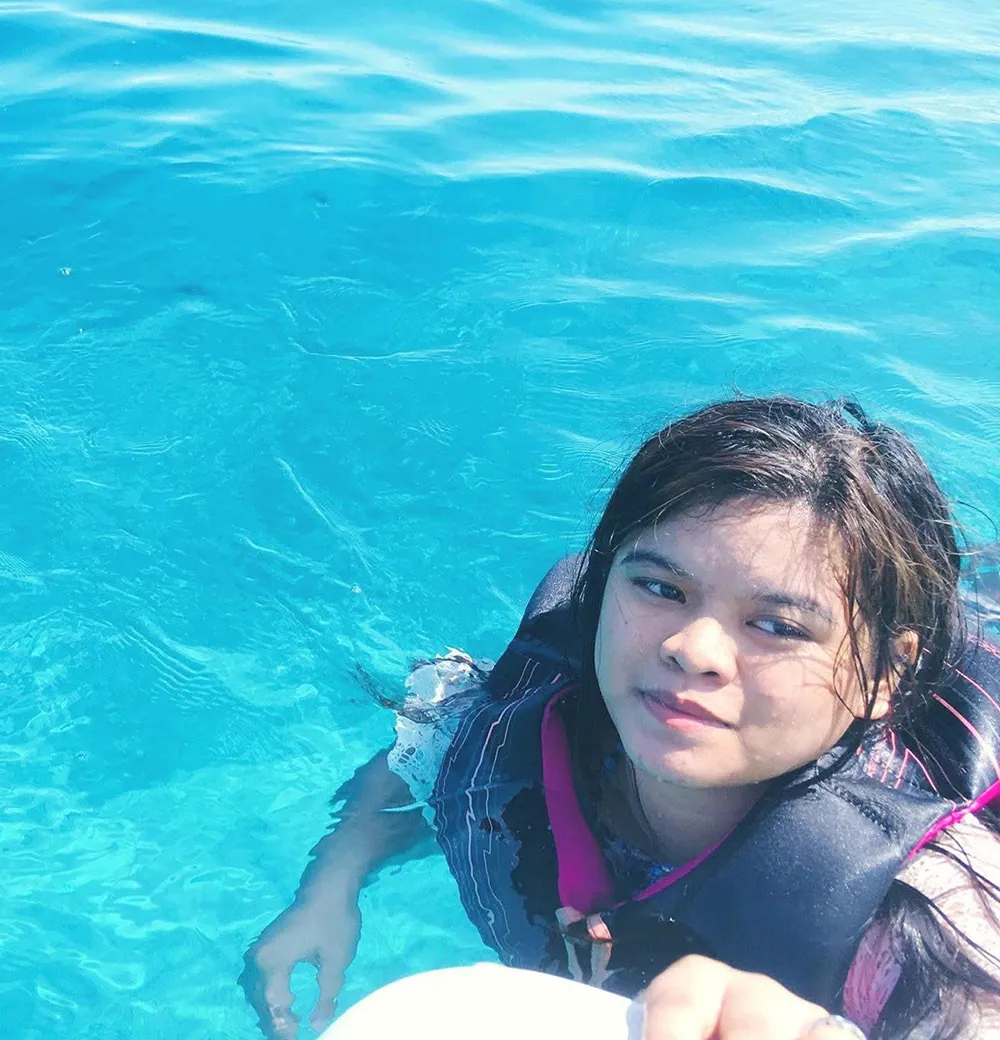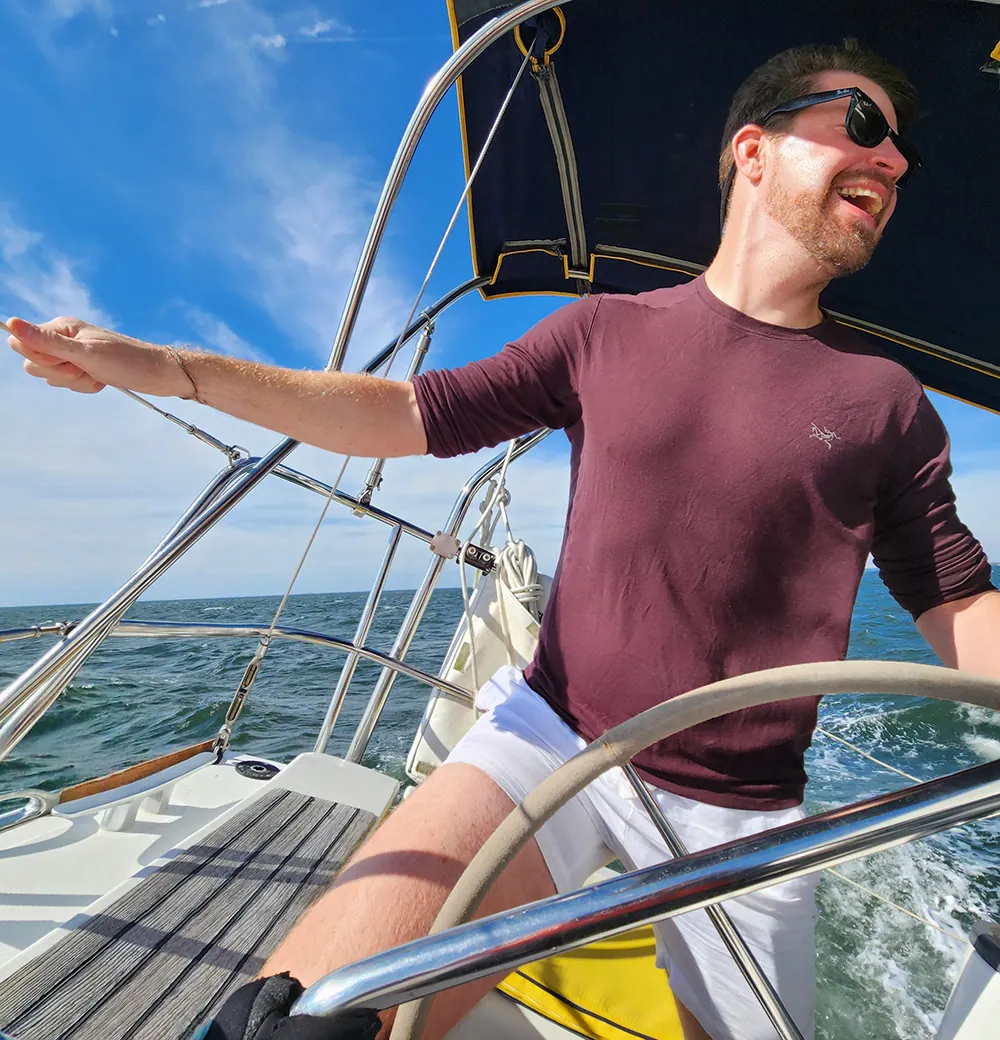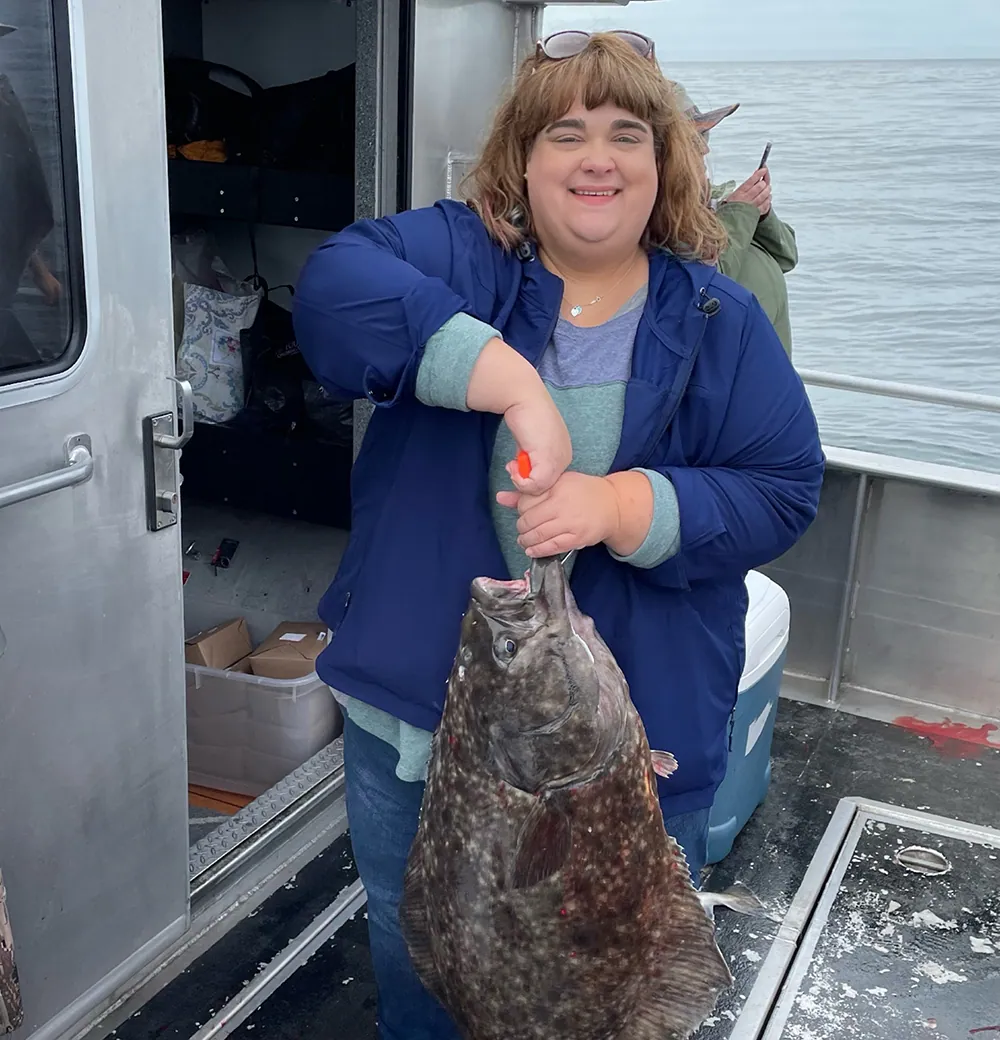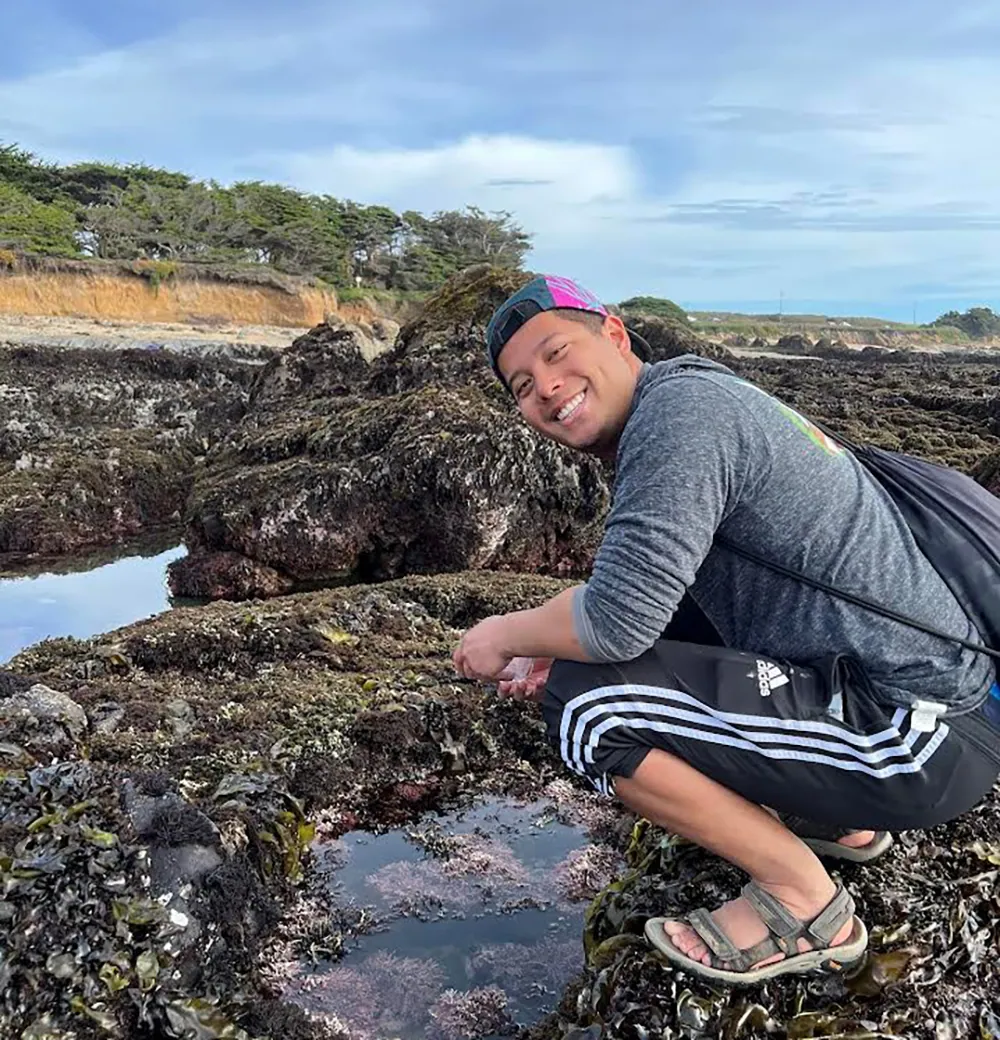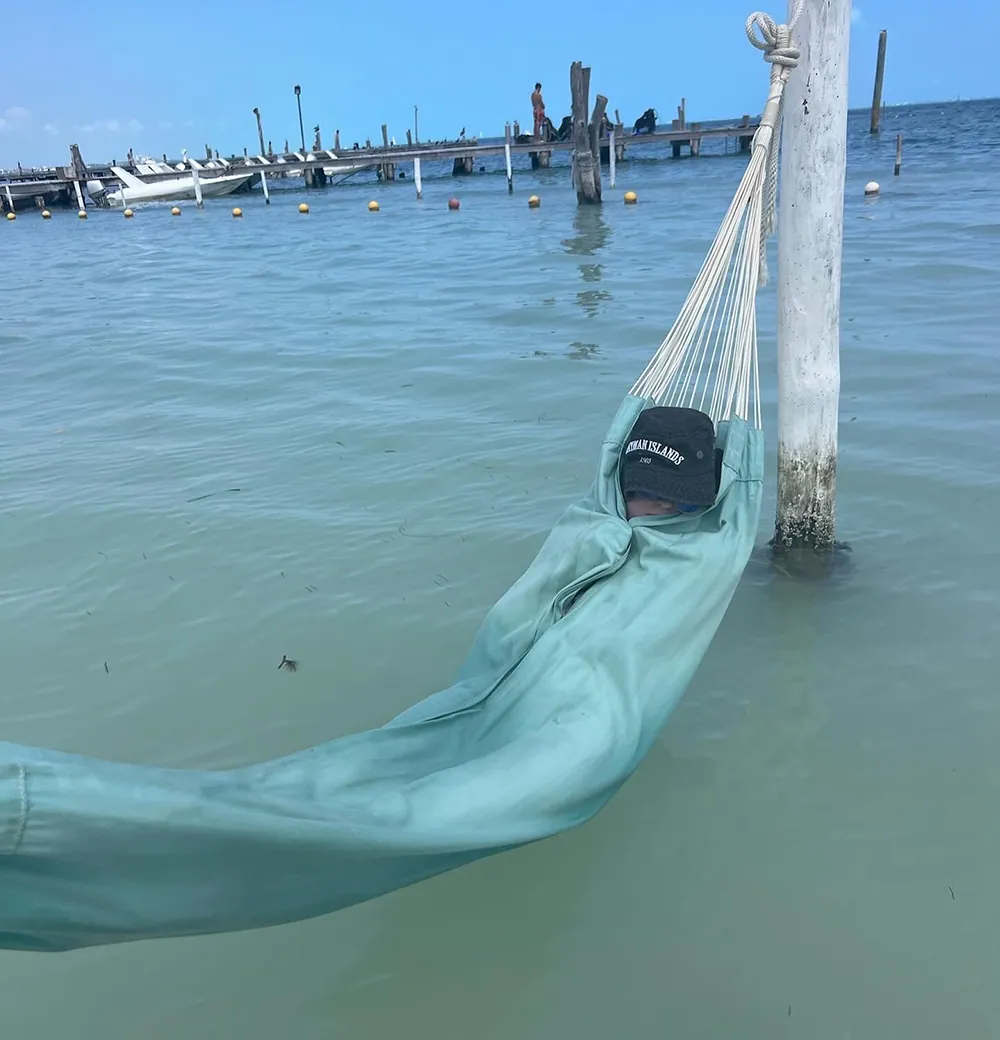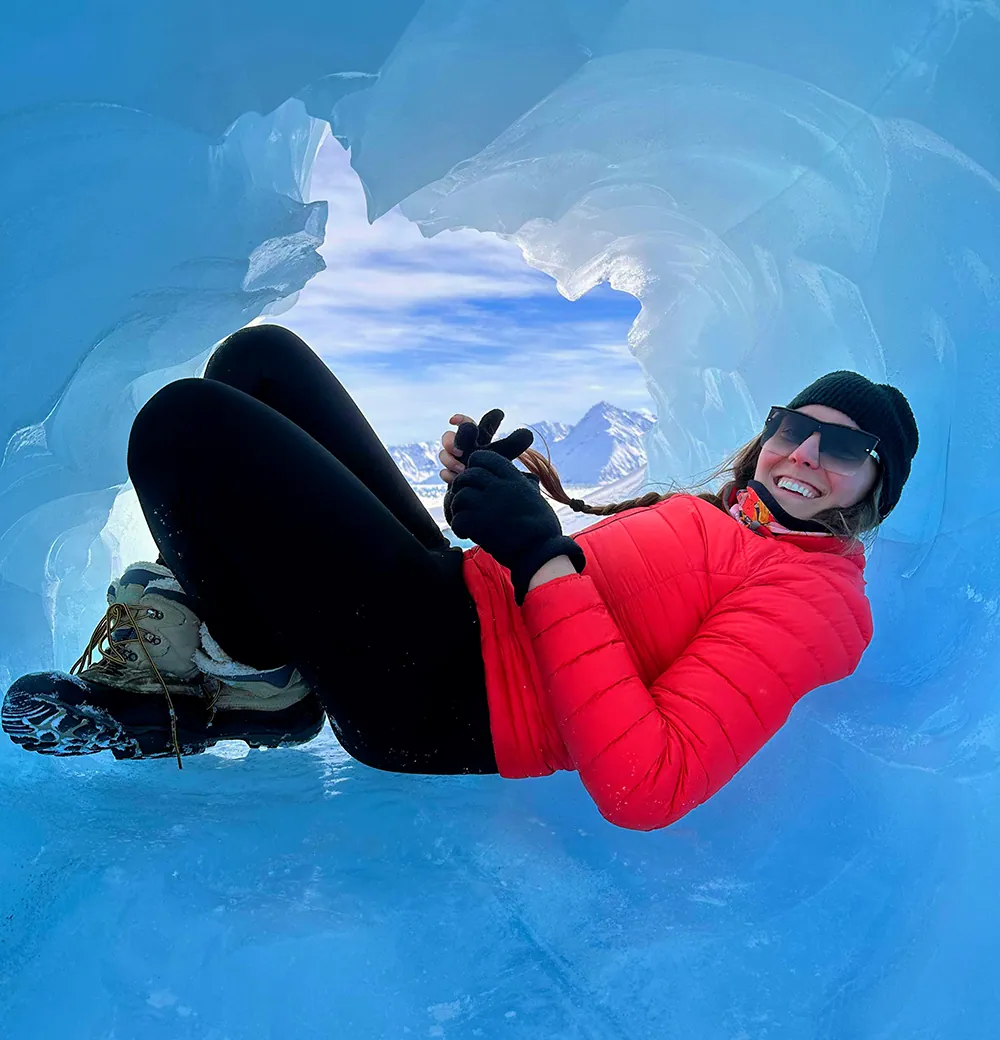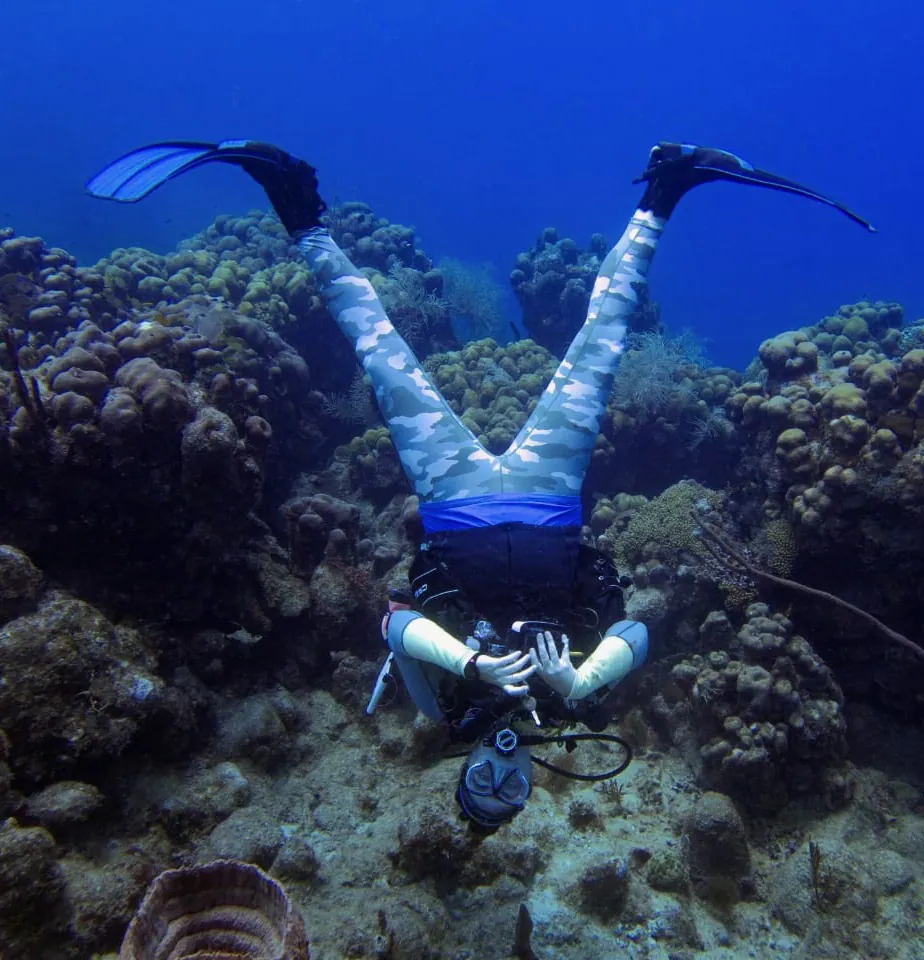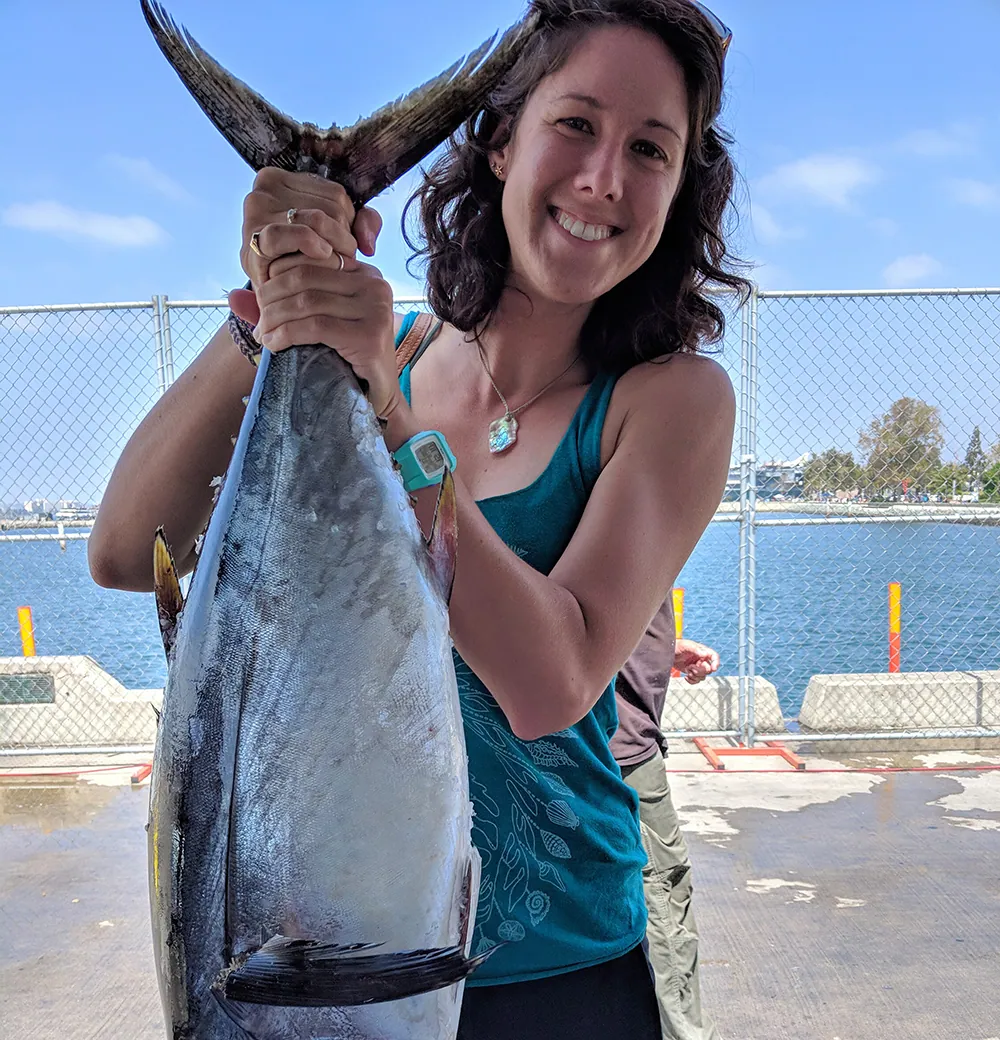From Project 2025 to attention-grabbing rally sound bites, there’s a lot of noise around about Donald Trump. But what can his four years as president tell us about his actual ocean priorities?
A couple of weeks ago, we dove into prospective Democrat nominee Kamala Harris’ background to tease out these themes. As promised, let’s put the Republican nominee and former president under the same lens. Though it’s impossible to say with certainty what a second Trump Administration might look like for the ocean, here’s what the past says may be in store.
A Note on Project 2025
Everyone is talking about Project 2025, a blueprint for Trump’s second term funded and spearheaded by the Heritage Foundation. Though the plan made a recent resurgence, it was first unveiled in April 2023. It’s worth noting that despite having close ties with many who advised on the 900-page-document, Trump has been attempting to distance himself from it since before it became a winning talking point for Democrats in recent months. This week, Project 2025 Director Paul Dan stepped down amid criticism and blowback from Trump’s campaign.
There’s been plenty of Project 2025 coverage. The folks at Southern Fried Science, for example, published a deep dive into how the plan could impact the ocean specifically. You can also read the document for yourself here (we downloaded it for safekeeping).
The plan’s major showstopper for our community is the recommendation to break up NOAA’s line offices and send their authorities to other parts of the government, an idea that’s been floating around for years. The Atlantic published a story about how this could impact NOAA and the National Weather Service. It remains to be seen if a Trump Administration would take on this recommendation, but we think it’s unlikely. There are clear downsides to such a move, including bureaucratic mess and a major reduction in power for the cabinet-level Secretary of Commerce, given that NOAA represents 60 percent of the department’s budget.
During Trump’s presidency, his administration took up about half of the recommendations from the Heritage Foundation in his first President’s Budget Request (and a request is just that, not real money). Remember, a president can’t do all that much without money, and Congress has control of the purse strings. So, it’s safe to assume that not all of the ideas outlined in Project 2025 will see the light of day.
How Would a Trump Presidency Impact the Ocean?
Donald Trump is one of the most polarizing political figures in recent history (and from an ocean/science lens, some moments of his presidency certainly made a splash—we can’t forget “Sharpie Gate“). Putting this aside, let’s look at his record when it comes to the ocean and what we might expect from a second term.
On the Chopping Block: Climate, Environmental Justice, and 30×30
In general, we’d expect a second Trump presidency to involve the rolling back of initiatives focused on climate; Diversity, Equity, Inclusion, Justice, and Accessibility (DEIJA); environmental justice; and 30×30. The Marine Sanctuary program—which, over the last four years, has become a star in President Biden and Democrats’ efforts to achieve 30×30 goals—is likely to see especially low support under a second Trump presidency.
Trump would also likely continue efforts to remove or reduce marine national monument designations. In 2017, Trump signed an Executive Order to review national monument designations proclaimed by previous presidents, who have unilateral authority to make such designations under the Antiquities Act.
Marine monuments (currently Marianas Trench, Northeast Canyons and Seamounts, Pacific Remote Islands, Papahānaumokuākea, and Rose Atoll) are not always popular across the board. The Northeast Canyons and Seamounts designation, for example, was particularly controversial. The Trump Administration was supportive of fishermen working to remove restrictions on commercial fishing in Northeast Canyons and Seamounts, which he made official through an Executive Order. Shortly after assuming office, President Biden reversed this change.
Support for U.S. Seafood and Fisheries
Fishermen and the U.S. seafood industry would likely be prioritized. In his last term as president, Trump signed an Executive Order on Promoting American Seafood Competitiveness and Economic Growth. The order aimed to boost the American seafood industry by removing regulatory barriers, enhancing the efficiency of environmental reviews, and combating illegal fishing. It also gave NOAA the authority to facilitate aquaculture projects through Aquaculture Opportunity Areas in order to support the growing sustainable U.S. farmed seafood industry.
Commercial vs. recreational fisheries? It is unclear if Trump would nominate a NOAA Fisheries Administrator who is more friendly to the commercial fishing industry or the recreational fishing sector. Chris Oliver, who held the agency’s Assistant Administrator position during the Trump presidency, previously served 16 years as Executive Director of the North Pacific Fishery Management Council. Oliver had a deep understanding of how U.S. fisheries management works and understood the needs of commercial fishermen. Rumors abound that outgoing Congressman Garret Graves (R-LA-06) might be interested in the post if Trump is elected again. Mr. Graves is incredibly read-in on all things fisheries-related and would likely be seen as a more rec-friendly pick.
Prioritizing Ocean Exploration, Observations, and Technology
We expect a second Trump Administration would focus on ocean exploration, observations, technology, privatization, data-buys, and public-private partnerships.
In 2018, Trump created the interagency Ocean Policy Committee through an Executive Order. The Committee was tasked with streamlining federal actions and enhancing interagency collaboration, with a goal of maintaining healthy ocean, coastal, and Great Lakes waters as vital contributors to the nation’s well-being and global competitiveness. The Ocean Policy Committee was codified in law in the National Defense Authorization Act of 2021.
Under this authority, the White House hosted a Summit on Partnerships in Ocean Science and Technology. Trump also launched a new National Strategy for Mapping, Exploring, and Characterizing the United States Exclusive Economic Zone, which continued to grow in popularity and federal funding under the Biden Administration. The strategy included extensive input from the private sector and launched new programs within NOAA and other agencies.
Offshore Energy Shift
The bottom line: more drilling, less wind. The Trump administration would be likely to work towards greenlighting more offshore drilling and pausing or slowing down offshore wind projects.
The Transition
New people, policies, and priorities every four years means more effort. As we mentioned in our last post, getting up to speed, building relationships, and educating and cultivating champions in the federal government takes a ton of work during the first years of a new administration. Advocacy groups and organizations working to support or influence outcomes at the federal level have to track new faces, policies, and projects, reintroduce themselves and the issues they care about, and reimagine where their priorities fit within a new landscape.
Guidance through this kind of transition is one of the critical services we provide to our clients—and we’re gearing up to do it all again (in any election outcome). If you need help, reach out: info@espadvisor.com

